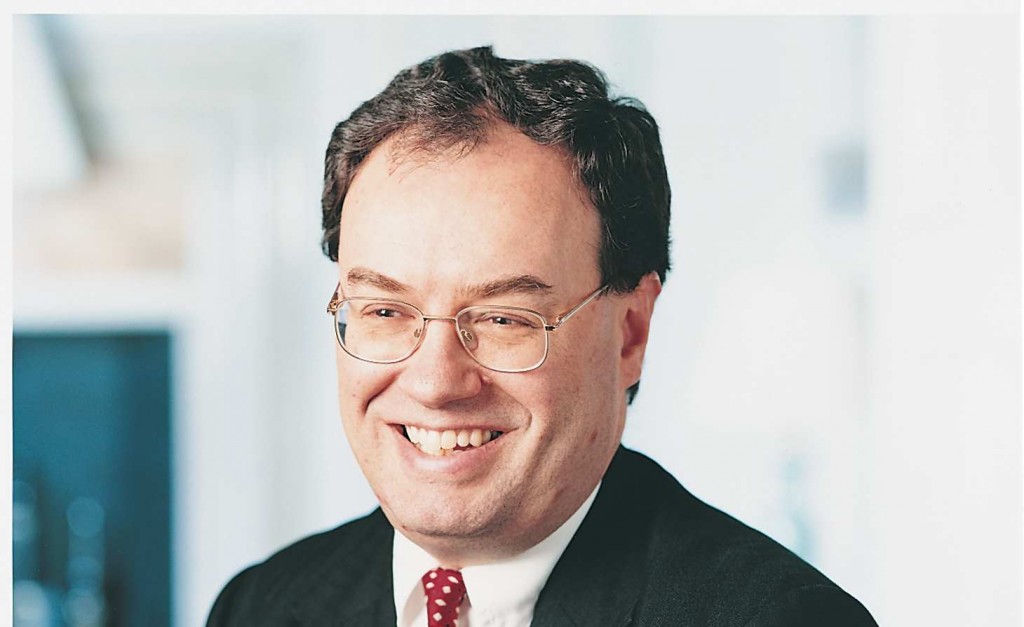
Bank of England governor Andrew Bailey does not expect to see a return to ultra-low interest rates — but forecasts they will fall “gradually” from now on.
Bailey has given an interview, published today, to KentOnline following his vote last week on the central bank’s Monetary Policy Committee to hold bank rate at 5%, following a 0.25% cut in August. Its first reduction in four years.
The move came as inflation was reported as 2.2% in August, unchanged from July, just above the BoE’s 2% target.
Bailey said: “Inflation has come down a long way. We still have to get it sustainably at the target and we have quite an unbalanced mix of components of inflation at the moment.
“But I’m very encouraged that the path is downwards therefore I do think the path for interest rates will be downwards, gradually.”
However, the Bank governor was clear that he hopes ultra-low rates are a thing of the past.
The base rate was at 0.1% in December 2021 before the MPC began a series of 14 rate hikes in a row to hit 5.25% last August.
Bailey said: “I would not expect that because what caused interest rates to go that way was, among other things, two very big shocks to the economy.
“It all started with the financial crisis then Covid was another big shock.
He added: “To go back down to those levels, you’d have to have very big shocks. Of course, you don’t want very big shocks to happen.
“That’s one way of saying my best guess will be it settles at a neutral rate – quite what that will be depends on a lot of things — but I expect rates to come down.”
Despite the Bank’s hold last week, central banks in the West have begun easing rates to stimulate economies as inflation eases.
The US Federal Reserve last week lowered interest rates for the first time since July 2023 with a bigger than usual cut of 0.5%, to a range of 4.75%-5%.
Fed chair Jerome Powell, said the “strong” move was needed as job market concerns grow even as price rises ease.
In June, the European Central Bank cut interest rates for the first time by 0.25% to 3.75% since September 2019 — beating the Bank of England and the US Federal Reserve to ease borrowing costs in its region.
Money markets are fully pricing in a UK base rate cut at the committee’s November meeting, followed by a second in December.



